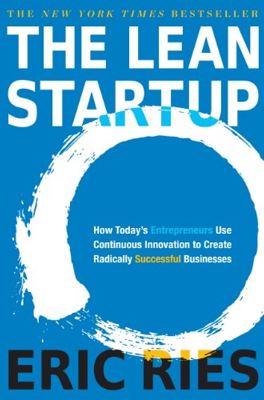Innovate
Nurturing Disruptive Innovation
Innovation in large organizations requires a supportive structure characterized by three key elements: scarce but secure resources, independent development authority, and personal stakes in outcomes. Unlike established divisions, startups need tightly controlled yet minimal resources to prevent mid-course financial disruptions. They also require complete autonomy to function effectively, facilitating a rapid Build-Measure-Learn feedback loop. Personal investment in the project, whether financial or reputational, motivates innovators by linking their success directly to their work's outcome.
Creating a Platform for Experimentation
Rather than isolating innovation from larger organizations—which can foster a toxic environment of secrets and power struggles—it's crucial to develop a transparent system that protects both the innovation process and the parent organization. A proposed solution is an innovation sandbox, which allows controlled experiments without risking the entire organizational structure. Key guidelines for this include limiting the scope and duration of experiments, using consistent metrics for evaluation, and ensuring that the team fully owns the process from start to finish.
Accountable Internal Teams
The structure of internal startup teams should mirror independent startups, where the progress follows clearly defined learning milestones. As these teams demonstrate their potential, they should progressively integrate with the organization's broader portfolio, scaling their operations while retaining some degree of their initial autonomy to maintain innovative momentum.
Management of Company Portfolio
Innovative projects should evolve through distinct phases: invention, deployment, optimization, and infrastructure. These phases should be managed by teams with specific skills and preferences, matching team members' strengths to the project needs. It is essential to allow personal development paths within these phases, enabling employees like natural inventors or skilled optimizers to thrive in environments suited to their skills. Recognizing "Entrepreneur" as a formal role within the company acknowledges the need for a specialized approach to nurturing and managing innovation internally.
The Dynamic of Becoming the Status Quo
Innovators often transition from outsiders challenging the status quo to defenders of the new standard they helped create. This shift requires continuous adaptation and the application of the Lean Startup principles, not only to maintain innovation but also to integrate successful new approaches into the broader organizational practice without stagnation.
By fostering an environment that balances experimentation, structured growth, and personal accountability, companies can sustain innovation at scale. This approach also prepares them for continuous adaptation to evolving markets and internal dynamics.
